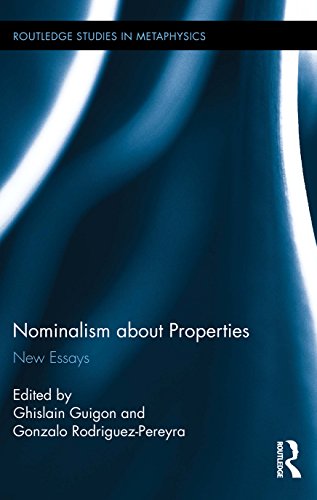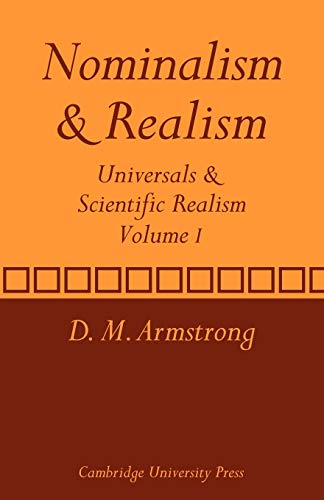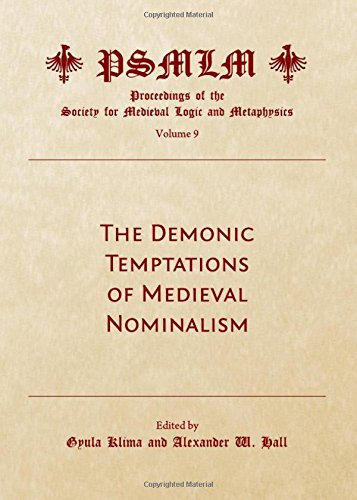Any view which analyzes a given subject-matter in terms of words or language, derived from the Latin ‘nomen’ meaning ‘name’, ‘term’ or ‘word’.
A nominalist view of universals (see Platonism) says they are neither substantive realities (realism) nor mental concepts (conceptualism). Rather, they are simply words which we apply to a group of objects; the members of the group owing their membership to resembling each other in some relevant respect. (But this leads to difficulties: is not resemblance itself a universal? And what about the respect in which the resemblance holds?)
A nominalist about definitions says there can only be nominal definitions (accounts of how a word is or should be used), not real definitions (analyses of a concept or thing which the word is supposed to stand for: ‘res’ is Latin for ‘thing’).
A nominalist about modalities says there are only de dicto, not de re, modalities; that is, roughly, statements may be necessarily true, but things do not have necessary properties. (Necessarily, a husband has a wife; but no man has the property of necessarily having a wife.)
Also see: conceptualism, particularism, realism
Source:
M J Loux, ed., Universals and Particulars (1970)
Table of Contents
Last update 2020-06-17. Price and product availability may change.










